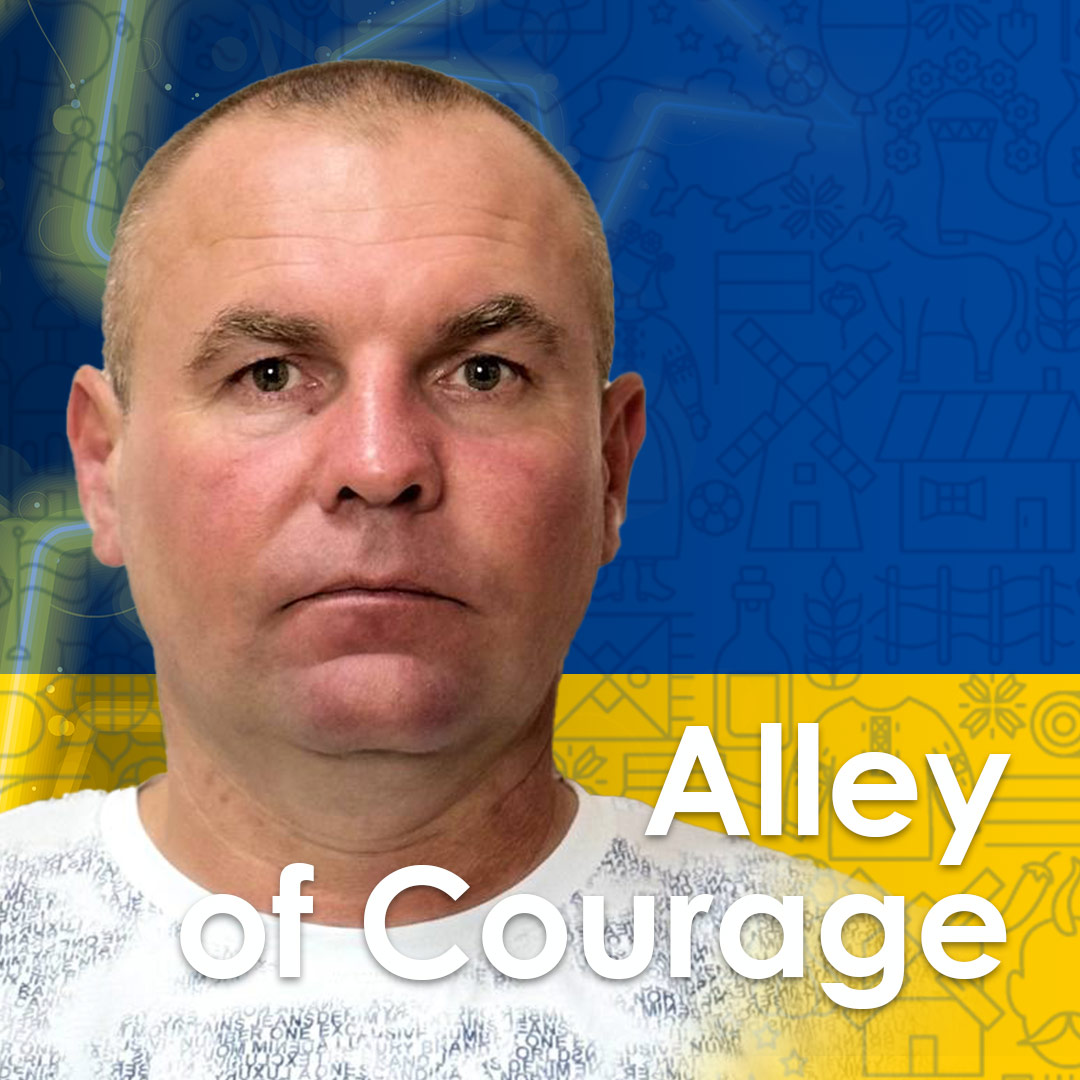
A War That Is Better Not to Know: A Frank Story by Alexander Bludov
“A War That Is Better Not to Know: A Frank Story by Alexander Bludov”
Alexander Bludov never served in the army. He worked, raised children, built a life, and never thought he would have to take up arms. When his godfather called and said just one word: “it has begun,” his life changed forever.
Alexander could not sit at home on the sidelines. At first, he helped as a volunteer - together with others, he carried spare parts, flashlights, and food for the military. Later, he decided to join the army.
After a short period of helping in the rear, he was immediately transferred to the 93rd combat brigade near Bakhmut. There, he first felt what war was - fear, constant tension.
Alexander admits that he imagined war in a completely different way: trenches, soldiers next to each other, tanks, gunfire. The reality turned out to be different. The positions are often stretched out: “There can be a hundred or even two hundred meters between the fighters. And then it’s easy for the enemy to get around from the rear.”
He still remembers his first exit to the position. “You walk in the dark, with over 50 kilograms of equipment on your shoulders and a 27-weight rocket in your hands. And you understand: the unknown lies ahead. It’s very scary.”
But fear has a strange property — it becomes part of everyday life. After a few days of constant shelling, a person begins to perceive the explosions as a background. “When you’re already in position — you just accept everything as it is.”
A special language is born among the trenches — the language of jokes, irony, and humor. It’s a way to survive. But at the same time, the fighters were advised not to get too close: the losses were too painful. Friends with whom he was sitting at the same table yesterday could die the next day. Oleksandr remembers a 21-year-old comrade who called him “Uncle Sasha” – the guy was left under the rubble in Bakhmut.
After a year and a half of service, he returned home. The Gazelle, on which he once worked, he gave to the army, so he had to start from scratch. His colleagues greeted him naturally, without any celebrations – and that was right. “I’m not a movie hero. I just did what I had to do.”
The war taught him the main thing – to value life, family, simple things. “Dreams are simple now: for the war to end, for children to grow up healthy. And only then can you think about material joys,” says Oleksandr.
His story is an example of how an ordinary person can become a soldier when time demands it. And how, despite losses, fear and pain, people find the strength to live on.


